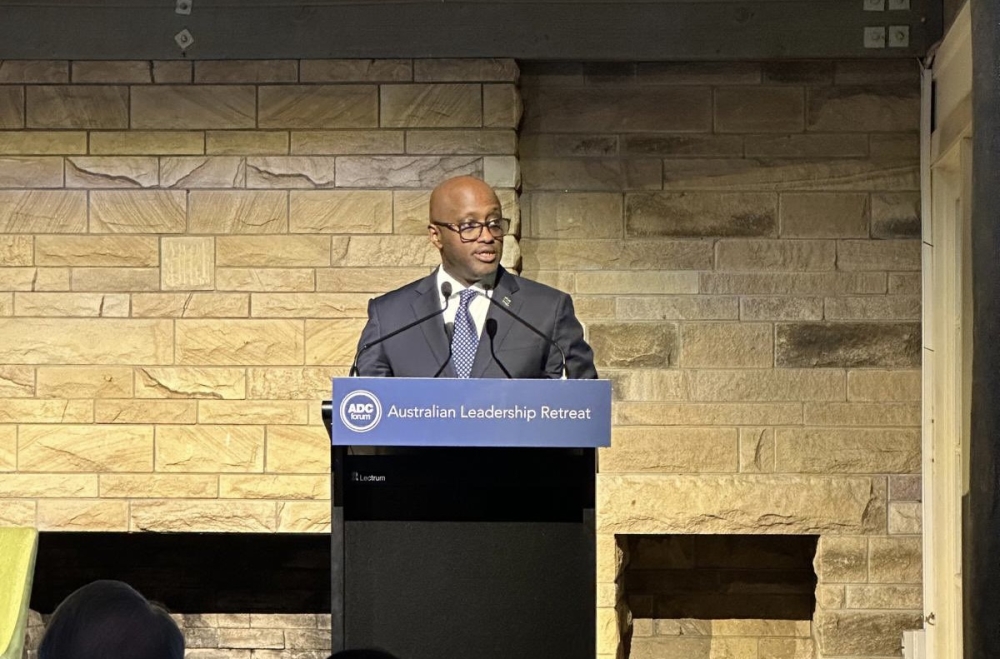Many organizations agree that checking potential employees is an essential part of the hiring process. However they say the challenge is that many companies have a common policy allowing only verification of basic information such as start and end dates and job titles.


Many organizations agree that checking potential employees is an essential part of the hiring process.
However they say the challenge is that many companies have a common policy allowing only verification of basic information such as start and end dates and job titles. Some companies will not even release salary information- salaries coming under the heading of competitive intelligence, thus protected. .
This system of employment reference checks makes no sense. The results are not only illogical but also run counter to the interest of employers and well deserving job applicants. Those with genuinely good prospects are sometimes unable to get the recommendations they deserve, while applicants with a negative history can go on to victimize new and unsuspecting employers, with their history safely hidden behind them.
In fact the only beneficiaries of this upside-down system are the very job applicants that employers want to avoid.
Adding to the confusion is the fact that often, the very employer or HR professional who is attempting to get a reference will turn around on the same day and refuse to give out a reference on one of their own past employees.
What is happening here? What is the reason for his completely illogical system? Despite the fact that employers, Lawyers, HR, and security professionals all agree that past employment checks should be conducted.
For example, what if an applicant had a history with previous employers that showed he or she was often late, embezzled company funds, did not get along with others, was not productive, did not meet goals or was often involved in sexual abuse with subordinates or assaulted a fellow employee?
Wouldn’t you want to know these critical items of information to make a sound hiring decision?
Schools and universities also have a vested interest in confirmingc educational accomplishments. Confirming an applicant received a degree from their school helps their graduates and promotes the reputation of their school.
Conversely, uncovering the fraudulent use of the school’s good name helps to preserve and protect the reputation. So why do you think sharing such information with a prospecting new employer is a waste of time?
Derick Kirunga, CFE, CPI is the Executive Director, Institute of Fraud Prevention & Forensic Studies




